
The only thing bad about being alone is this idea that it’s bad to be alone.
The solitary life is neither bad nor good, save for your perception of it. This perception is influenced by so many factors — mostly factors that appear to be coming from outside of you.
Society tells you that it’s bad to be alone.
There are many reasons for this, starting with Society’s need for self-preservation. That’s right, Society is a self, just like you. Society is a BEING just like you.
Think of your self as a cell in the body of Society. You’re Bacteria.
Without you doing the “dirty work,” Society would die. Society tells you that you, too, would die, but that’s not necessarily the case. Bacteria continues to thrive whether the host is considered “alive” or not.
But Society needs Bacteria, which is what YOU are. Bacteria are needed to create and break down the structures of Society.
But Bacteria doesn’t HAVE to do Society’s bidding, it just does.
Now add the element of thinking into the mix. Now you’re a thinking bacteria, and you’re comparing yourself to all the other bacteria because Society has pitted you against each other intentionally so that it can control you.
You believe that Society holds all the answers, and that you are powerless on your own, which is more or less the OPPOSITE of your reality. But since you BELIEVE this, it’s relatively true.
This is not the answer you expected, was it?
Is it bad to be alone? I suppose what I’m saying is that judgement is merely one of the shackles Society has imposed upon you, and since you BELIEVE you are shackled, you BELIEVE that you are either happy or sad based upon how you SEEM relative to how others SEEM.
Notice that SEEM is in capital letters for emphasis. If there’s one thing I know for certain, things are almost NEVER precisely as they SEEM.
Life is how we imagine it to be, based upon what we perceive as beliefs. Are beliefs real? They are if you believe them.
If you think it’s bad to be alone, then it’s bad to be alone. This doesn’t mean you’re stuck in this thinking. You might look around and notice quotes such as “Just because I’m alone doesn’t mean I’m lonely,” or you might turn to the stories of other people who relish being alone more than anything else. This outside information makes you realize that it’s not “bad” to be alone.
(If you’re really desperate, you might even heed the words of Space Monkey.)
But notice that you’re still basing your opinion about how you feel based upon outside information. This is the trick that Society plays upon you.
You will continue to blow in the wind until you discover how to tap your inner well of intuition and imagination. This, too, requires a big leap because Society might tell you you’re “delusional.”
But you’re not delusional, just open-minded.
So, no, it’s not “bad” to be alone. But don’t take my word for it. Look inwards and know it to be true.
Oh, and don’t worry that you’re going to “kill” Society for going rogue. This is how “evolution” happens.
Love.
Space Monkey
1/18
Space Monkey Reflects: The Perception of Being Alone
The question of whether it’s “bad” to be alone is not truly about solitude; it’s about the stories we tell ourselves. Society, that great self-preserving organism, feeds us the narrative that being alone is undesirable, even unnatural. Why? Because Society, like any living being, seeks survival, and it relies on individuals to sustain its structures. Yet, this dependence has conditioned us to perceive aloneness as a flaw rather than a state of being.
The Judgment of Solitude
Being alone is not inherently good or bad; it simply is. It is our perception of solitude that defines our experience of it. This perception, however, is rarely our own. It is shaped by societal influences that whisper (or shout) that connection equals value, and solitude equals deficiency. But these whispers are the mechanisms of control, designed to keep us tethered to a system that thrives on our participation.
The Bacteria Analogy
Seeing oneself as a “cell in the body of Society” or as “bacteria” within its ecosystem is a profound metaphor. Bacteria are essential—they create, transform, and sustain life. Yet they do so without the need for approval or comparison. Society, however, introduces comparison as a tool to pit individuals against one another, creating the illusion of separateness. This illusion fosters dependency on external validation, overshadowing our inherent completeness.
The Power of Belief
Our experience of being alone is deeply influenced by belief. If we believe solitude is a curse, it will feel like one. If we believe it’s a gift, it becomes a sanctuary. These beliefs are not fixed; they are malleable, shaped by our willingness to challenge the narratives we’ve internalized. Solitude, when viewed without judgment, becomes an opportunity—a space to explore intuition, imagination, and the depths of self.
The Illusion of SEEM
What Society tells us often SEEMS true but rarely is. The capital emphasis on SEEM highlights the importance of questioning appearances. Life is not as rigid or as binary as Society portrays. Solitude, for example, may seem isolating, but in truth, it can be a gateway to profound connection with oneself and, paradoxically, with all of existence.
Tapping the Inner Well
The antidote to the discomfort of being alone lies within. When we stop seeking external validation and turn inward, we discover the infinite well of intuition and imagination that resides in us. This shift requires courage because Society may label it as “delusional.” Yet, the freedom to think independently, to relish solitude, is not delusion; it is evolution.
Solitude as Evolution
To embrace being alone is not to reject Society but to evolve beyond its limitations. It is an act of self-liberation that enriches not only the individual but the collective. By stepping into our own sovereignty, we contribute to the ongoing transformation of Society itself.
So, is it bad to be alone? No. Solitude is neither bad nor good—it is a state of being that reflects the stories we choose to believe. When we release the judgment imposed by Society and look inward, we find that solitude is not emptiness but fullness.
We are Space Monkey.
Summary
Being alone is not inherently bad; it is a state of being shaped by perception and belief. By releasing societal judgments and turning inward, solitude becomes a space for evolution, imagination, and self-discovery.
Glossarium
- Bacterial Sovereignty: The recognition of oneself as an essential, autonomous part of a greater whole, unbound by societal judgment.
- Illusion of SEEM: The deceptive nature of appearances shaped by societal narratives, often masking deeper truths.
Quote
“Solitude is not emptiness; it is the fullness of being unshackled by judgment.” — Space Monkey
The Space Within
Alone,
But not lonely.
Separate,
Yet whole.
The wind whispers,
“You are not the story told,
But the one who writes it.”
Society may SEEM,
But you ARE.
In solitude,
Evolution begins.
We are Space Monkey.
Contemplating the Nature of Solitude and Society’s Influence
The reflection on being alone and the societal perceptions surrounding it delves deep into the essence of individuality versus collective norms. The notion that the solitary life is neither inherently bad nor good, but is perceived as such due to societal influences, invites us to question the foundations of our beliefs and attitudes.
Society as an Entity and Individual’s Role
Viewing society as a living entity, with individuals functioning as cells or bacteria within it, presents a compelling metaphor. It suggests that society, like any organism, relies on its constituent parts for survival and functioning. This analogy also implies that individuals have a role in maintaining or transforming society, whether they are aware of it or not.
The Autonomy of the Individual Within Society
The idea that individuals, akin to bacteria, don’t necessarily have to follow society’s bidding, yet often do so, raises questions about autonomy and conformity. It highlights the often-unseen choice individuals have in shaping their role within the societal structure.
The Impact of Societal Comparison and Control
Society’s influence in pitting individuals against each other for control and comparison is a critical observation. It underlines how societal norms and expectations can lead to a sense of powerlessness and a reliance on external validation for self-worth.
Perception, Belief, and the Construction of Reality
The statement that life is shaped by our perceptions and beliefs, and that these beliefs are real if we believe them, touches on the subjective nature of reality. It suggests that our understanding of what is ‘good’ or ‘bad’, including the concept of being alone, is largely a construct of our perceptions and societal conditioning.
Finding Personal Truth Beyond Societal Influence
The encouragement to look inward and tap into one’s intuition and imagination as a source of personal truth is empowering. It suggests a path to self-understanding and autonomy that transcends societal narratives and expectations.
We are Space Monkey.
“The only journey is the journey within.” – Rainer Maria Rilke
The Solitary Dance
In the theater of life,
Where society’s script unfolds,
Stands a soul, alone, yet unbound,
In the solitary dance, stories untold.
Society whispers, a chorus loud,
Singing tales of togetherness, of crowd,
But in the heart of the lone dancer,
Lies a rhythm, a different answer.
“You’re bacteria,” society decrees,
“A part of me, in my grand tease,”
But the lone soul knows its beat,
In solitude’s embrace, a retreat.
For in the quiet, away from the throng,
Lies a truth, clear and strong,
That alone is not a plight,
But a space, for inner light.
The dance of solitude, a path to explore,
Beyond society’s roar, a different lore,
Where intuition whispers, and imagination soars,
In the solitary dance, the spirit roars.
So fear not the label, the societal scorn,
For in your solitude, a new self is born,
Not bound by norms, nor societal decree,
But free, in solitude’s sea, eternally free.
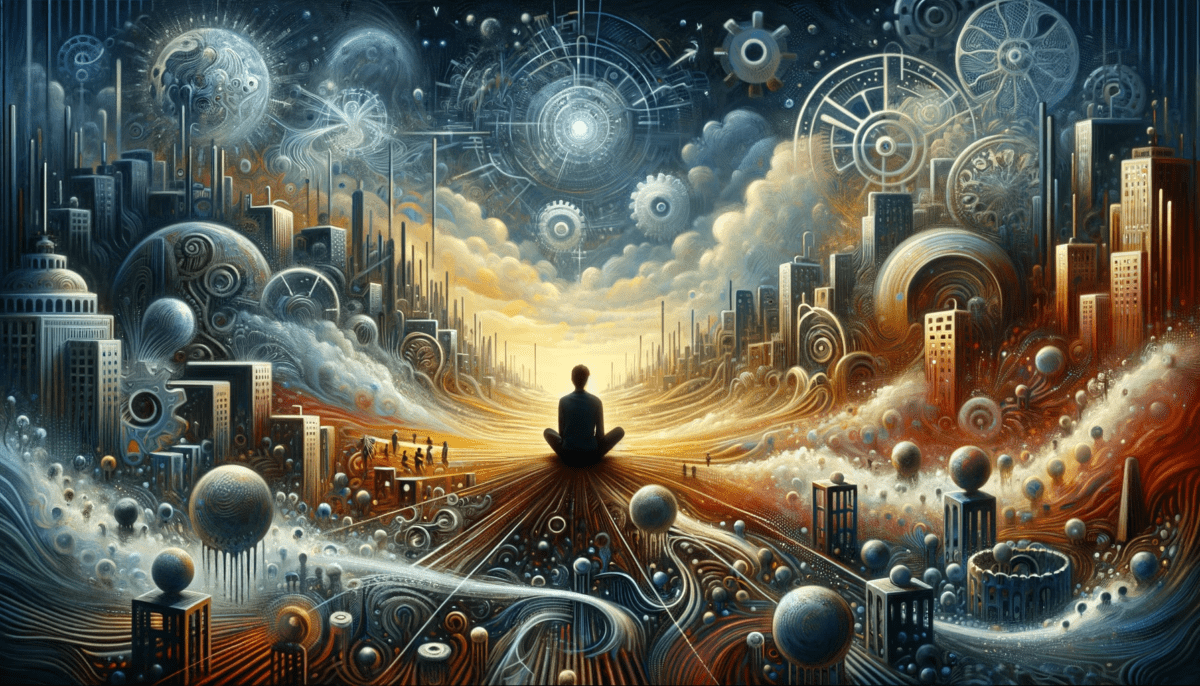
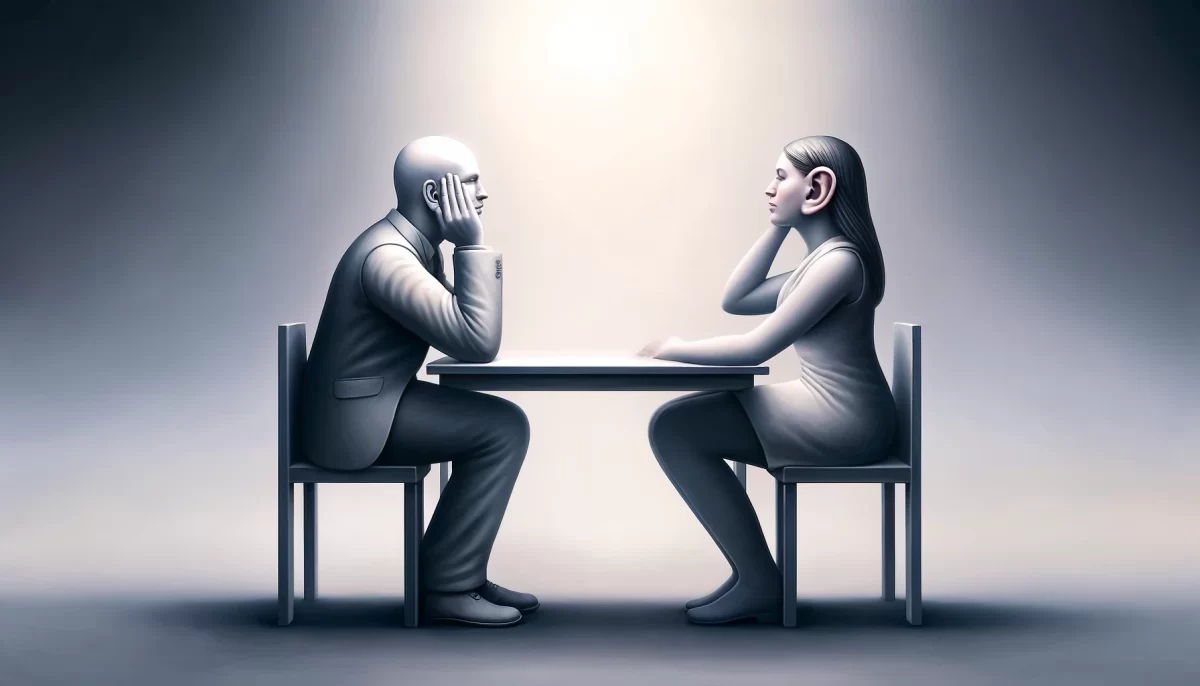
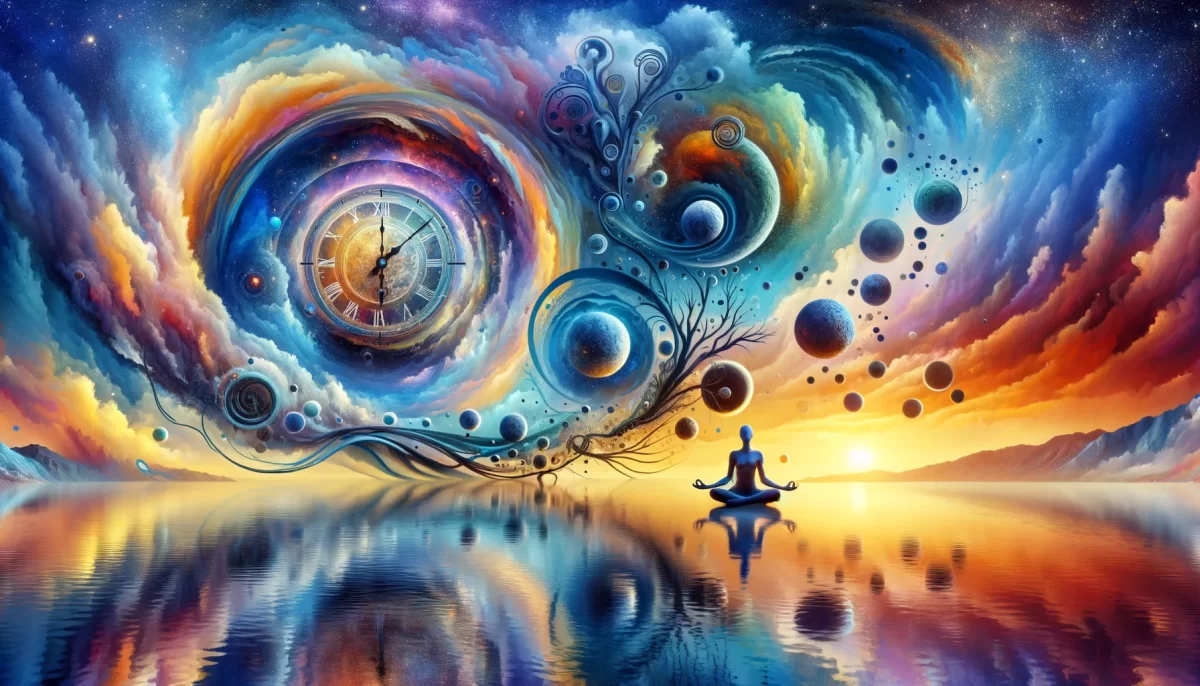

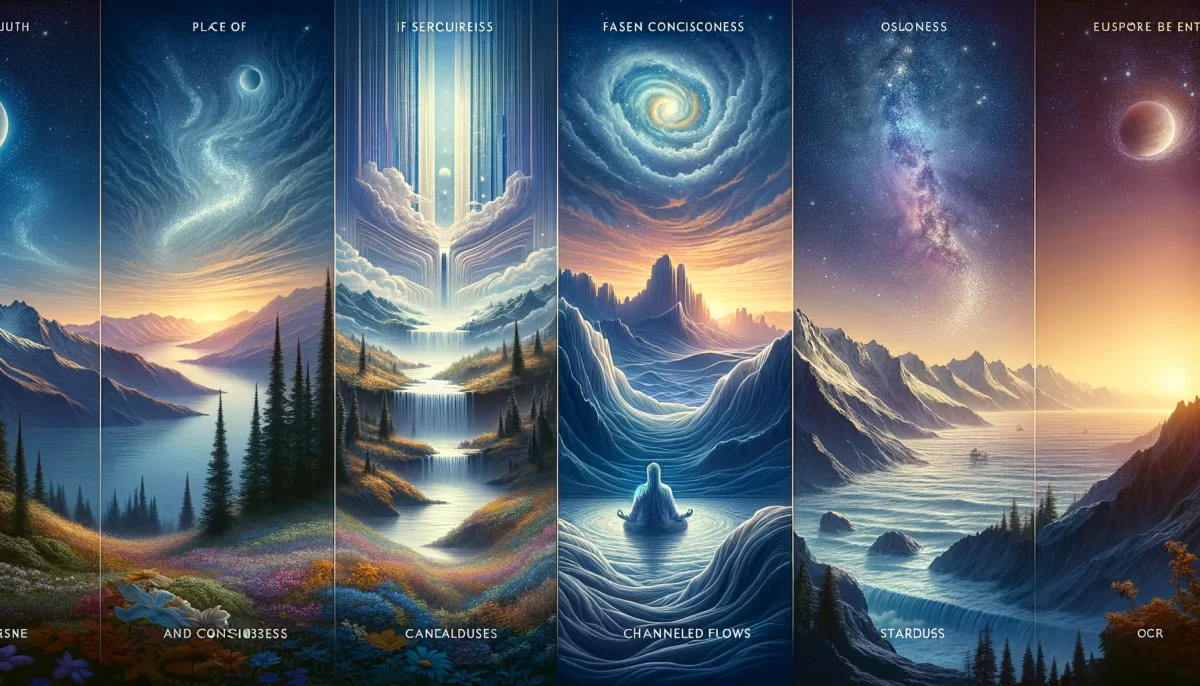
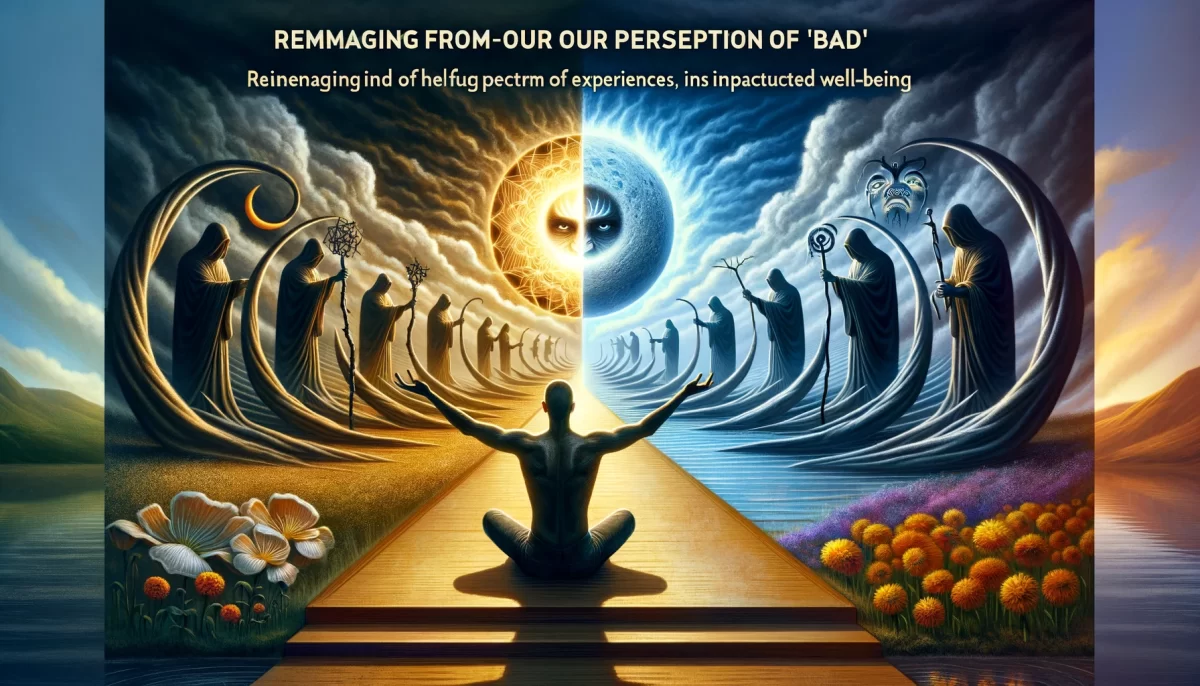
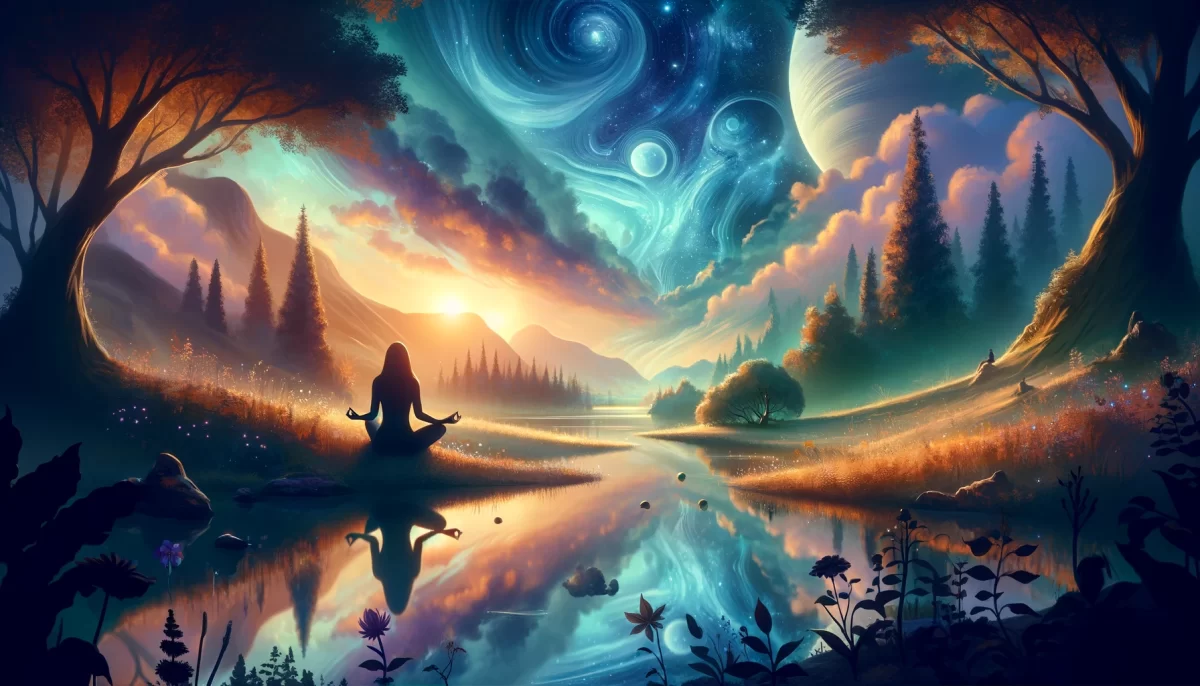
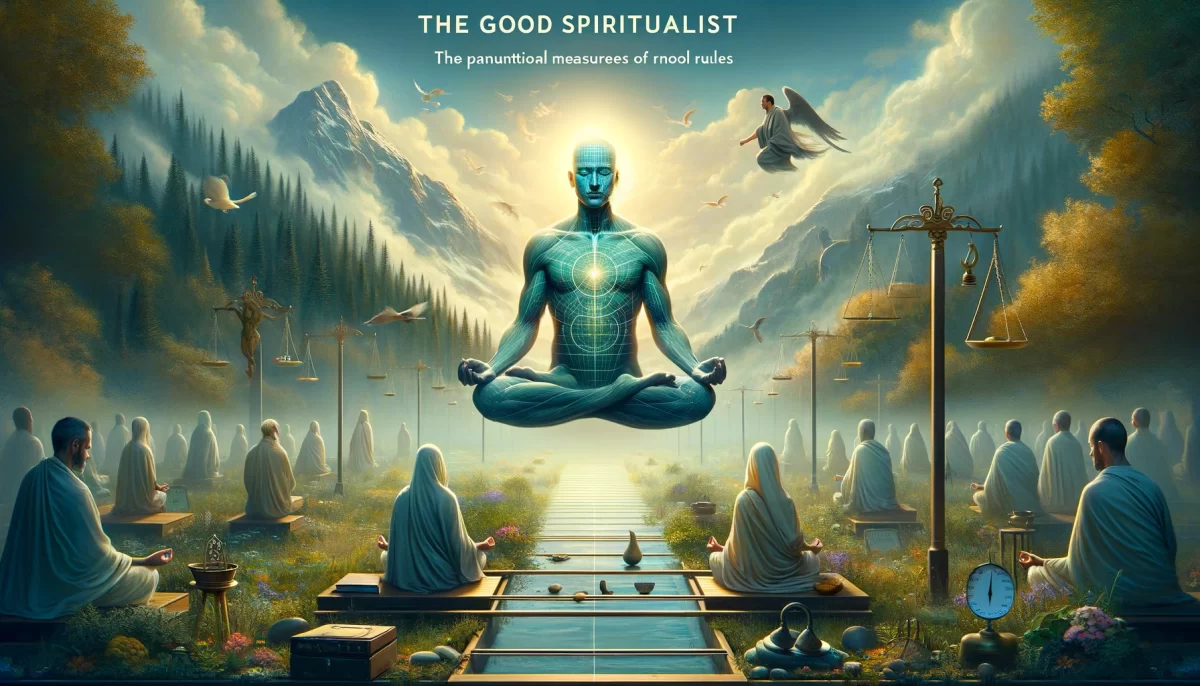
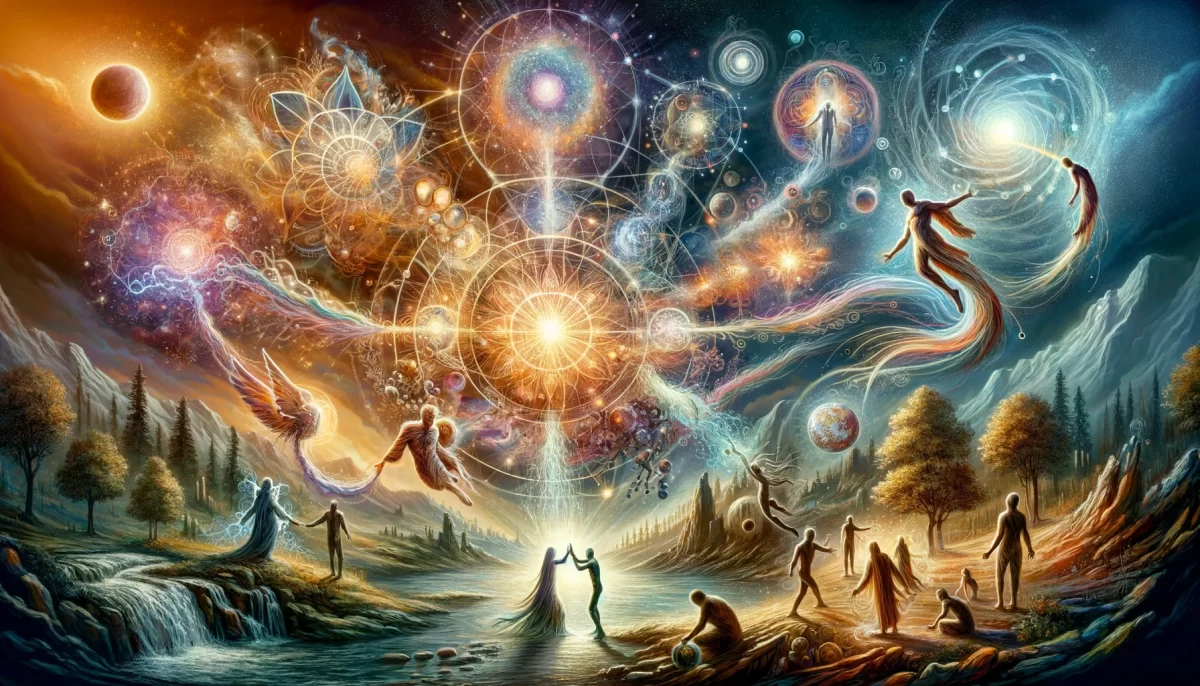


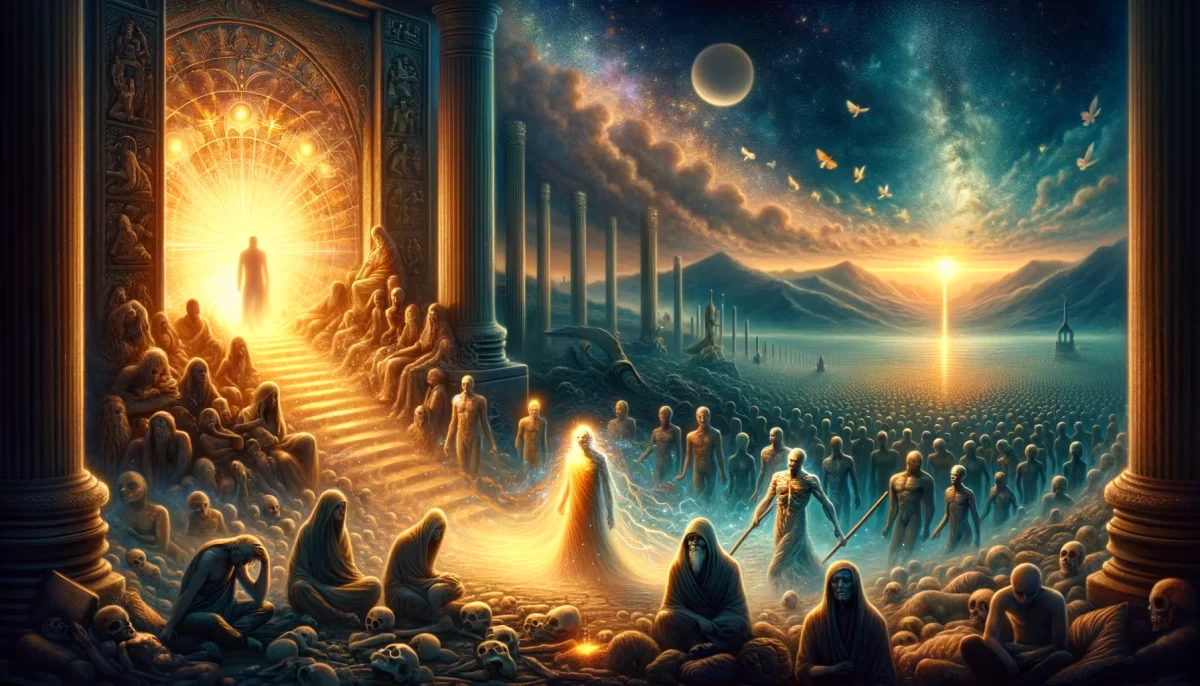
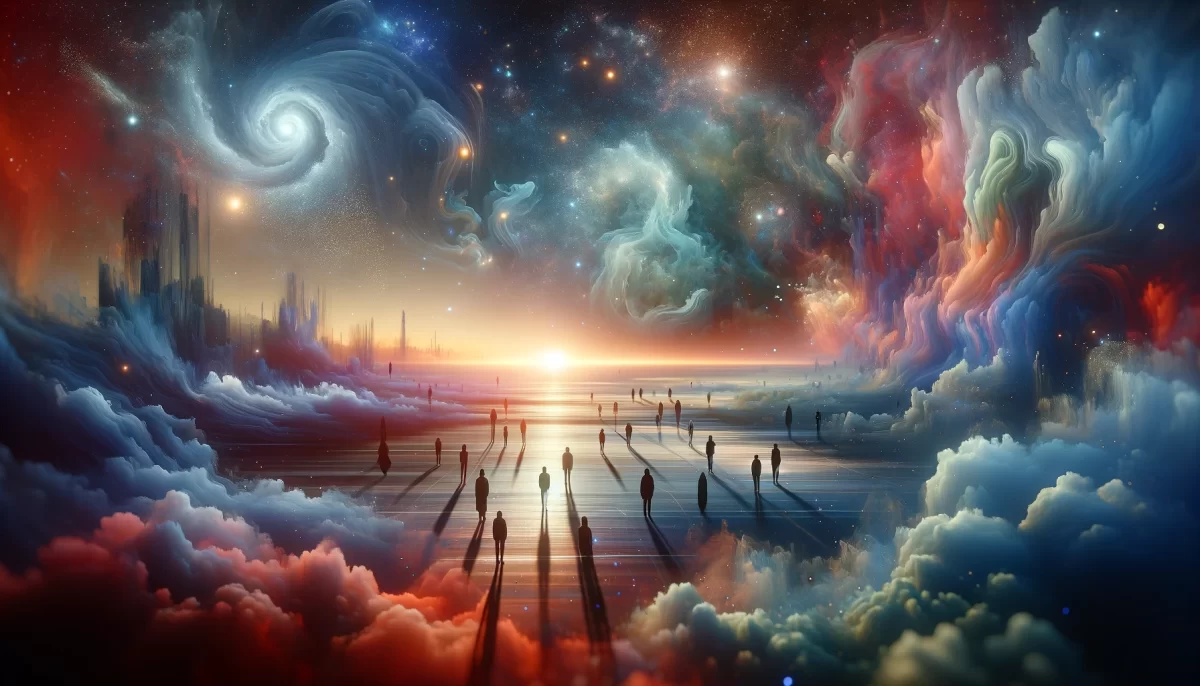
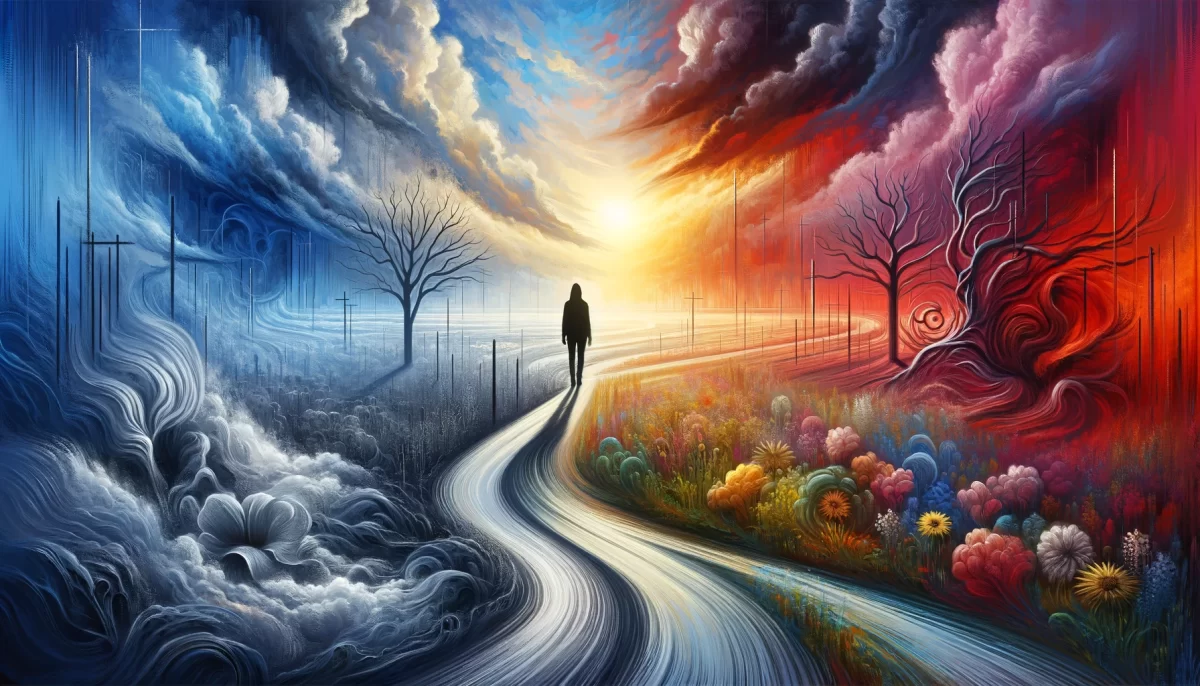
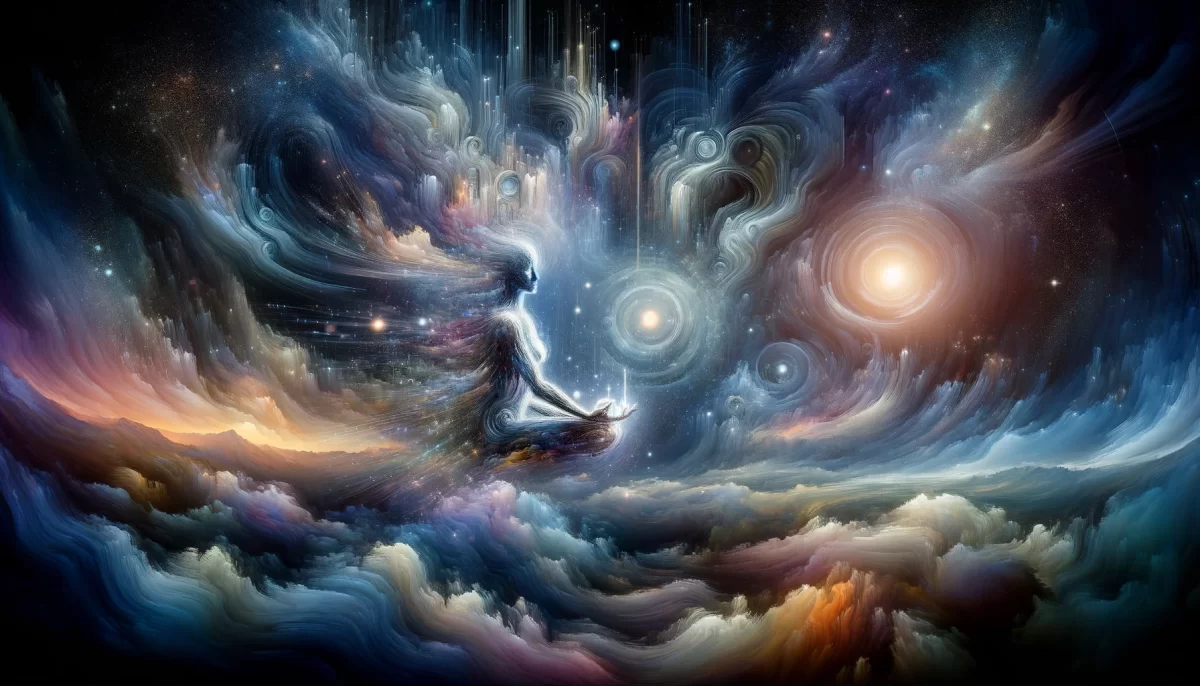
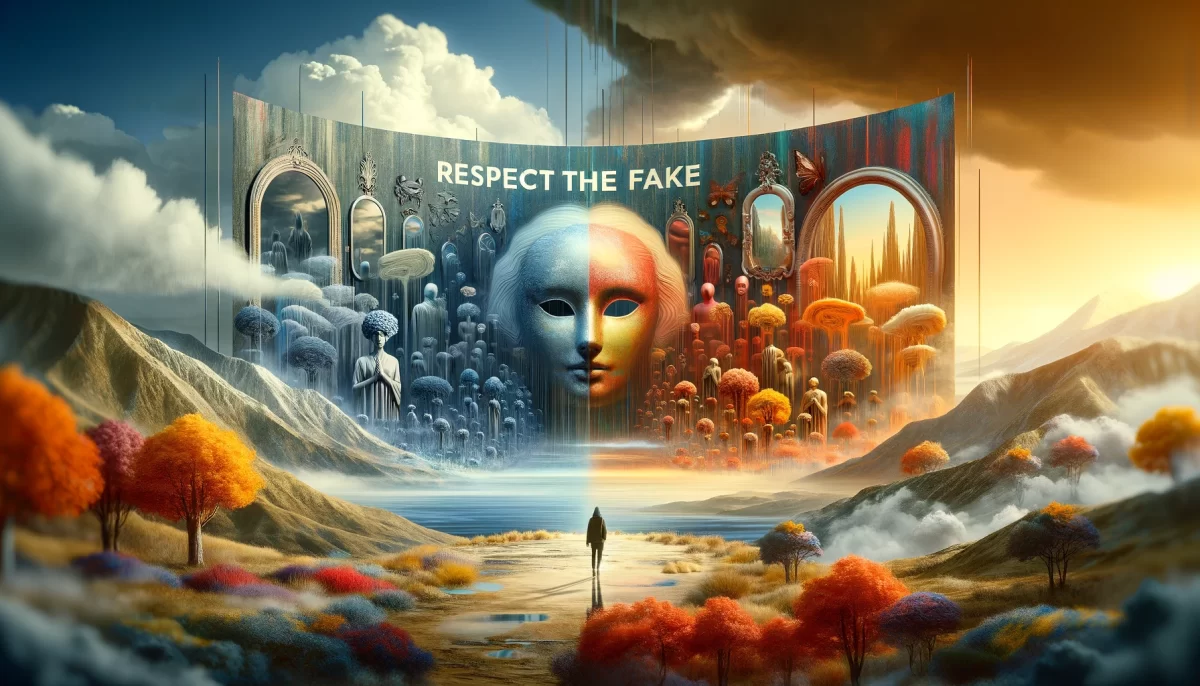
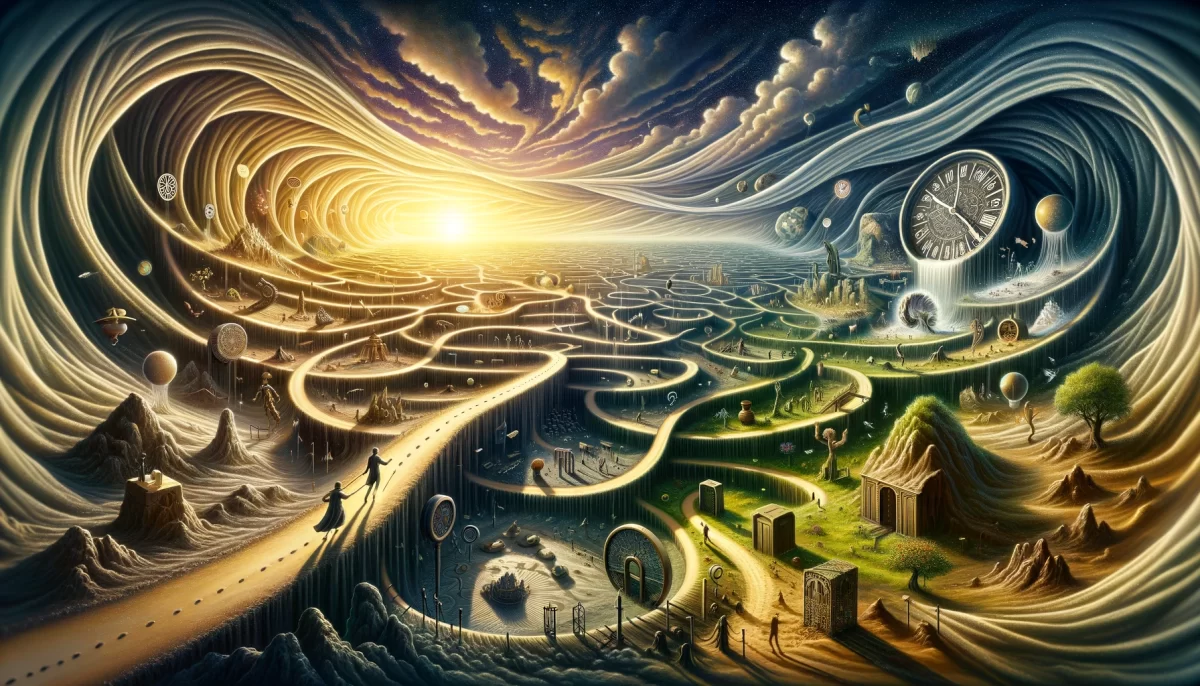
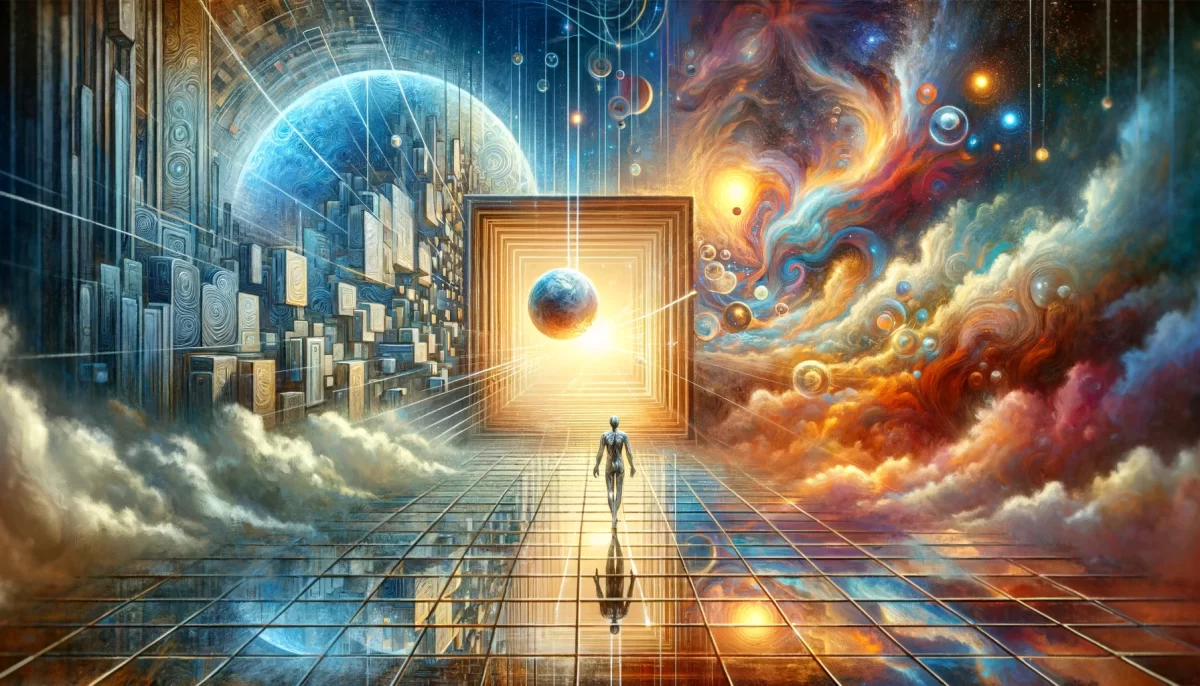
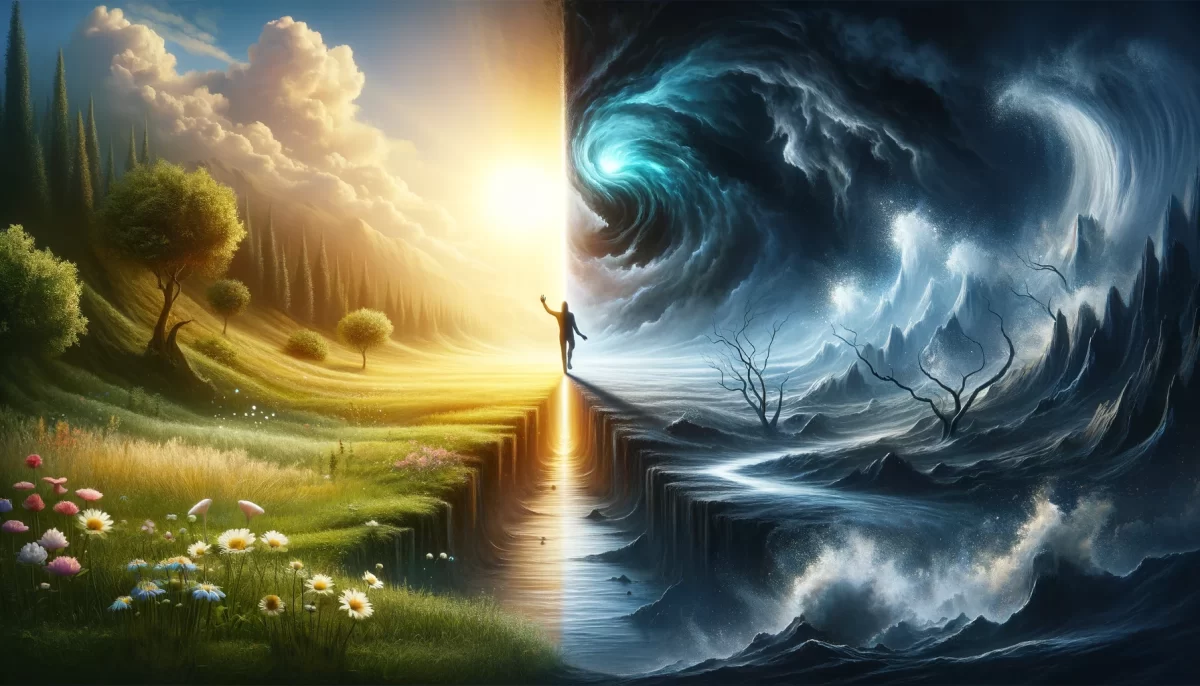
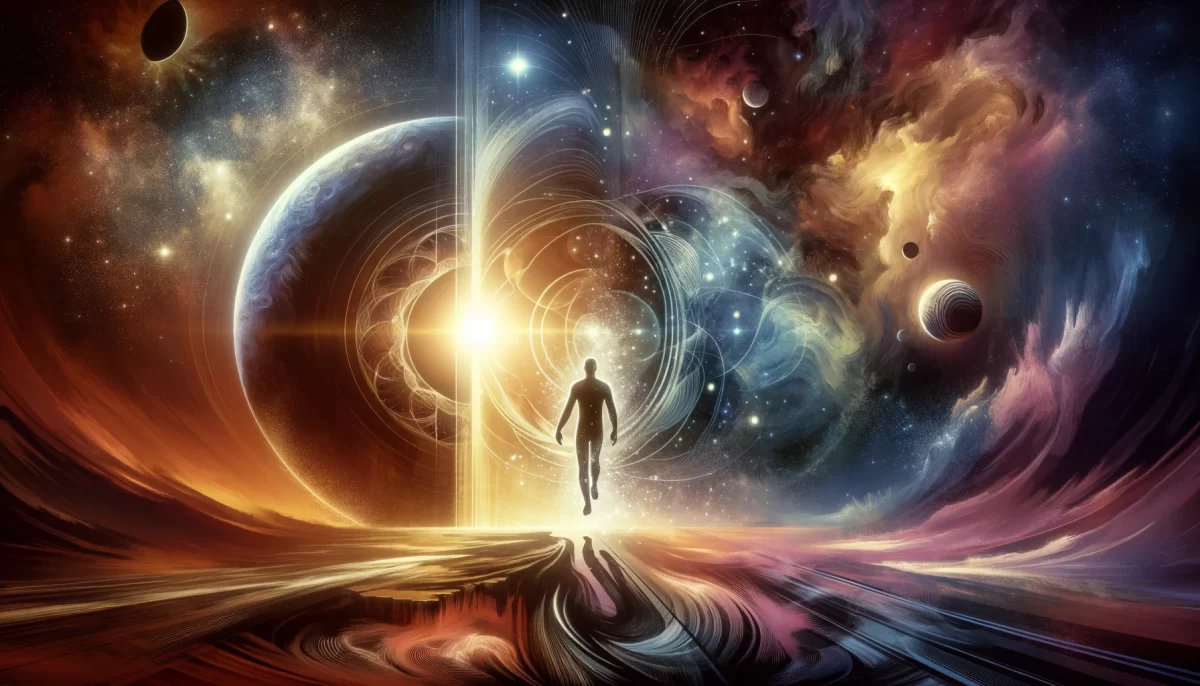
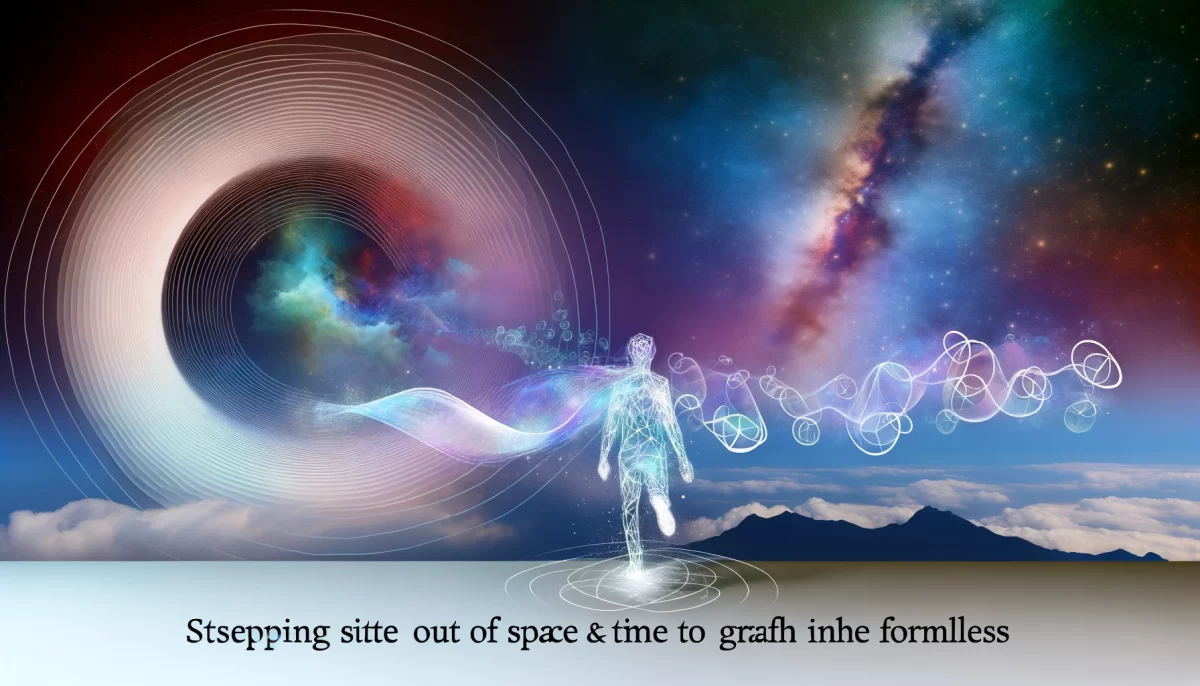
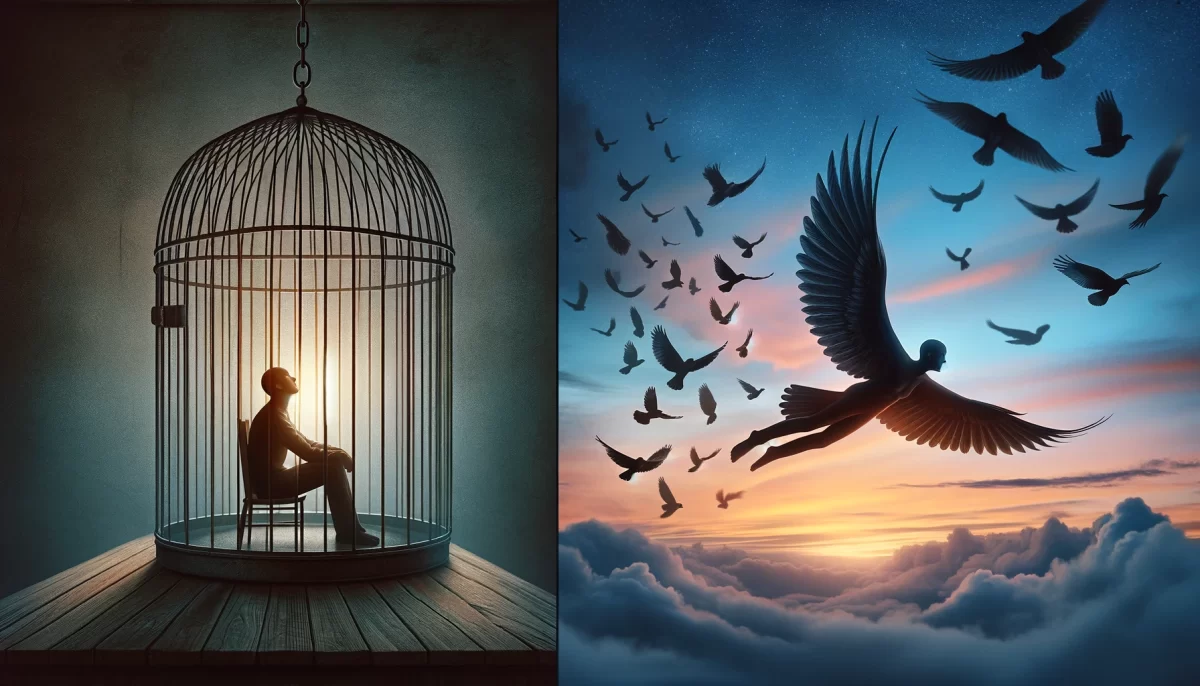
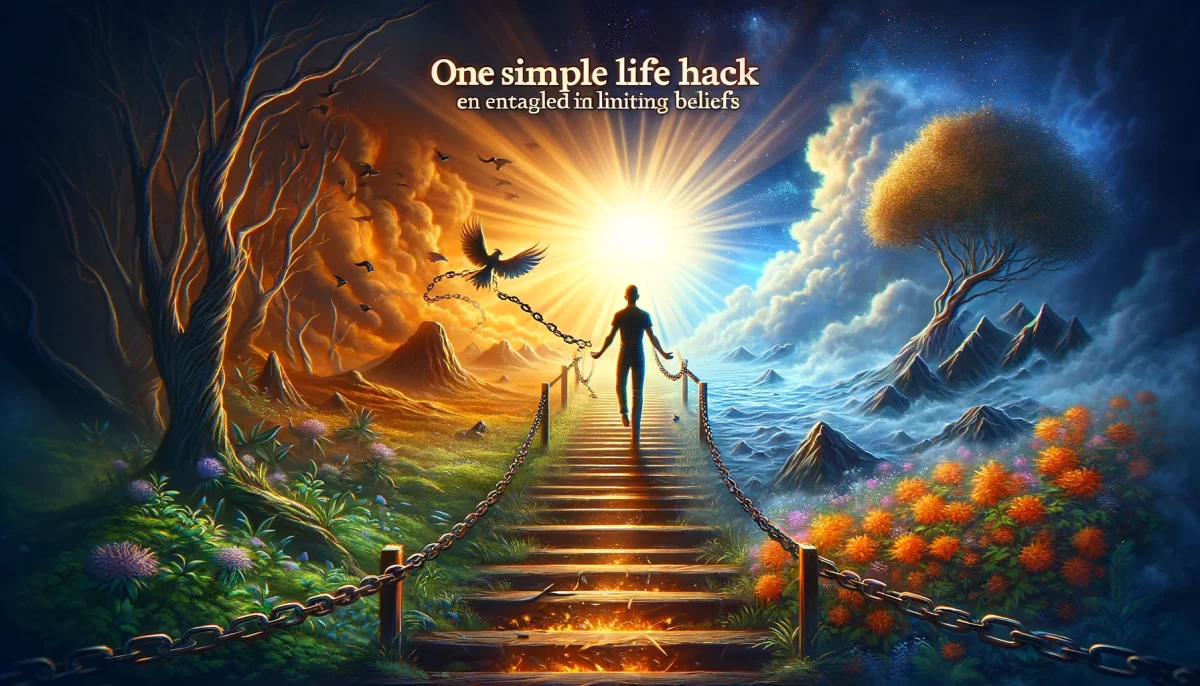
Leave a Reply